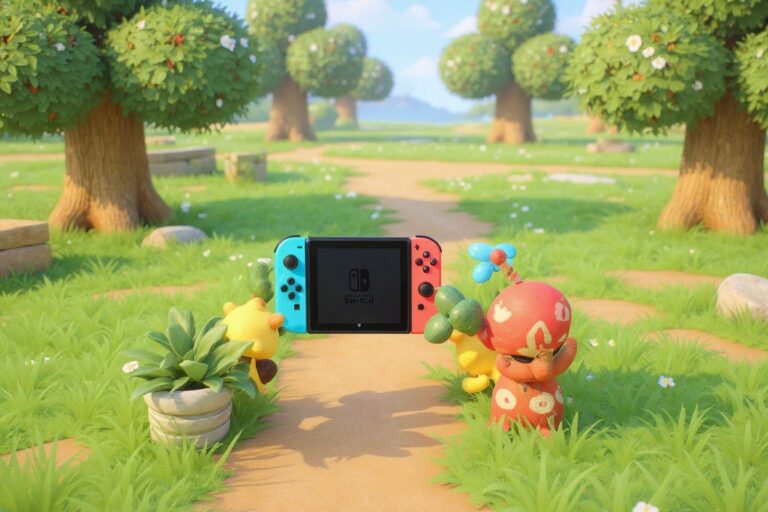
A new study from the Oxford Internet Institute (OII) has found that people who play online games with friends for long periods of time report feeling happier than those who don’t. This research was carried out using anonymised data from “Animal Crossing” and “Plants vs Zombies,” courtesy of respective game developers, Nintendo and EA.
Nintendo shared data on playing times in “Animal Crossing: New Horizons.” On top of playing times, EA also shared in-game performance data for “Plants vs Zombies: Battle for Neighborville” including player achievements, as well as the emoticons they used to convey how they felt.
OII surveyed the gaming habits and happiness of 3,274 gamers over the age of 18. More specifically, researchers compared data on playing times against players’ well-being survey. The findings were surprising, even to lead researcher Professor Andrew Przybylski.
Playing online games with friends satisfies psychological needs
Sure, playing online games with friends is a fun way to pass time and stay in touch during lockdown — but did you ever imagine that it could positively affect your well-being? “If you play Animal Crossing for four hours a day, every single day, you’re likely to say you feel significantly happier than someone who doesn’t,” Przybylski said. “That doesn’t mean Animal Crossing by itself makes you happy.”
This finding contrasts the bulk of research findings over the past four decades, which suggests that playing more video games could make one more unhappy. So, what changed?
According to Przybylski, it may be attributed to the social features in both games, which let players interact with one another through their characters. Likening these social multiplayer games to “digital water coolers,” the professor opined, “I don’t think people plough a bunch of time into games with a social aspect unless they’re happy about it.”
Back in April, Przybylski pointed out how people are playing online games with friends to “satisfy basic psychological needs” when they’re mostly encouraged to stay away from people in the flesh. Additionally, players have full control over their virtual characters; this may hold value to those who feel they are losing control over their real lives. “That sense of efficacy, that sense of control over my environment, is something that this crisis has fundamentally robbed me of,” Przybylski shared.
We’ve always known that playing video games can improve coordination, memory, and speed. In this pandemic, we’re experiencing its social benefits on a larger scale than before as more people turn to gaming to stay connected.









